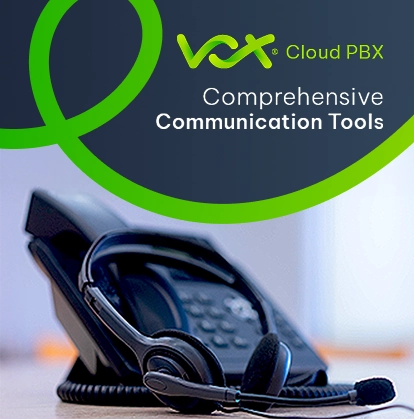With more than four billion email users globally, there is no arguing the fact that this is still the most pervasive form of electronic communication out there. Whether you are an SME or a large corporate, having email is the cornerstone to engaging with your customers. But as technology has evolved, the way this platform can be leveraged to build a brand has also changed.
Branding lost
One of the mistakes many organisations make is to view email in isolation. Yes, it is a communication tool, but it is also responsible for setting your professional and corporate identity. Given how tight budgets have become, many businesses are tempted to select one of the many free email services available as their primary means of customer contact. And yet, this is probably one of the biggest mistakes they can make.
A generic email domain not only takes away from the brand name of the company but also conveys less of a professional image.
With people becoming increasingly security conscious around scams, fly-by-nights, and even malicious attacks, sending a business email from a free account will not attract significant interest. And when your competitors have a personalised domain, chances are you will lose out to them especially when it comes to people’s perceptions of your brand.
The devil is in the details
In fact, with email, branding is essential as it enables the business to optimise how it works with its target audiences. After all, sending an email means the company knows who it is engaging with. This means email signatures and banners can be used to put specials in place that are relevant to those individual customers.
By including such a banner, a company does not have to reinvent the wheel but simply create awareness of a product or campaign that will likely attract interest from that specific user. It is such a small detail but one that many companies neglect.
Given the changing regulatory environment and the arrival of the Protection of Personal Information Act (PoPIA), companies would do well to ensure the security and integrity of their data. This is more so the case when it comes to email and how it uses customer data to provide tailored communication.
This is where working with a trusted and experienced partner can make all the difference. Using a free service means the organisation has no control over the policies and security measures that are put in place. It is this lack of control that can become the biggest challenge at an organisation. However, an environment managed by a local partner means the organisation can put the necessary policies in place to protect data from leaking.
For instance, a policy can be put in place to make it impossible for an employee to email credit card information and other sensitive customer data. This can even extend to controlling the language contained in emails. Things like swear words, emoticons, and even slang can negatively impact on the professional image the organisation wants to maintain.
And from a security perspective, being able to manage the defensive measures in place can address how email has become one of the main entry points into an organisation. As attacks become more sophisticated, the security mechanisms of freely available email platforms might not be able to adequately protect users from receiving suspicious messages.
Keeping it safe
Of course, no environment is completely hacker-proof. This is where your local partner must provide the necessary disaster recovery and business continuity features that keep your emails safe and quickly recoverable from compromise.
After all, you want to remain focused on your core business priorities and not spend time managing all the complexities around email. Having access to locally-developed solutions that are priced at the correct value proposition for the market makes a massive difference in this regard.
With email becoming the first line of engagement your business has to the outside world, can you really afford not to have it convey a professional image while delivering you the security and business continuity features you need.













